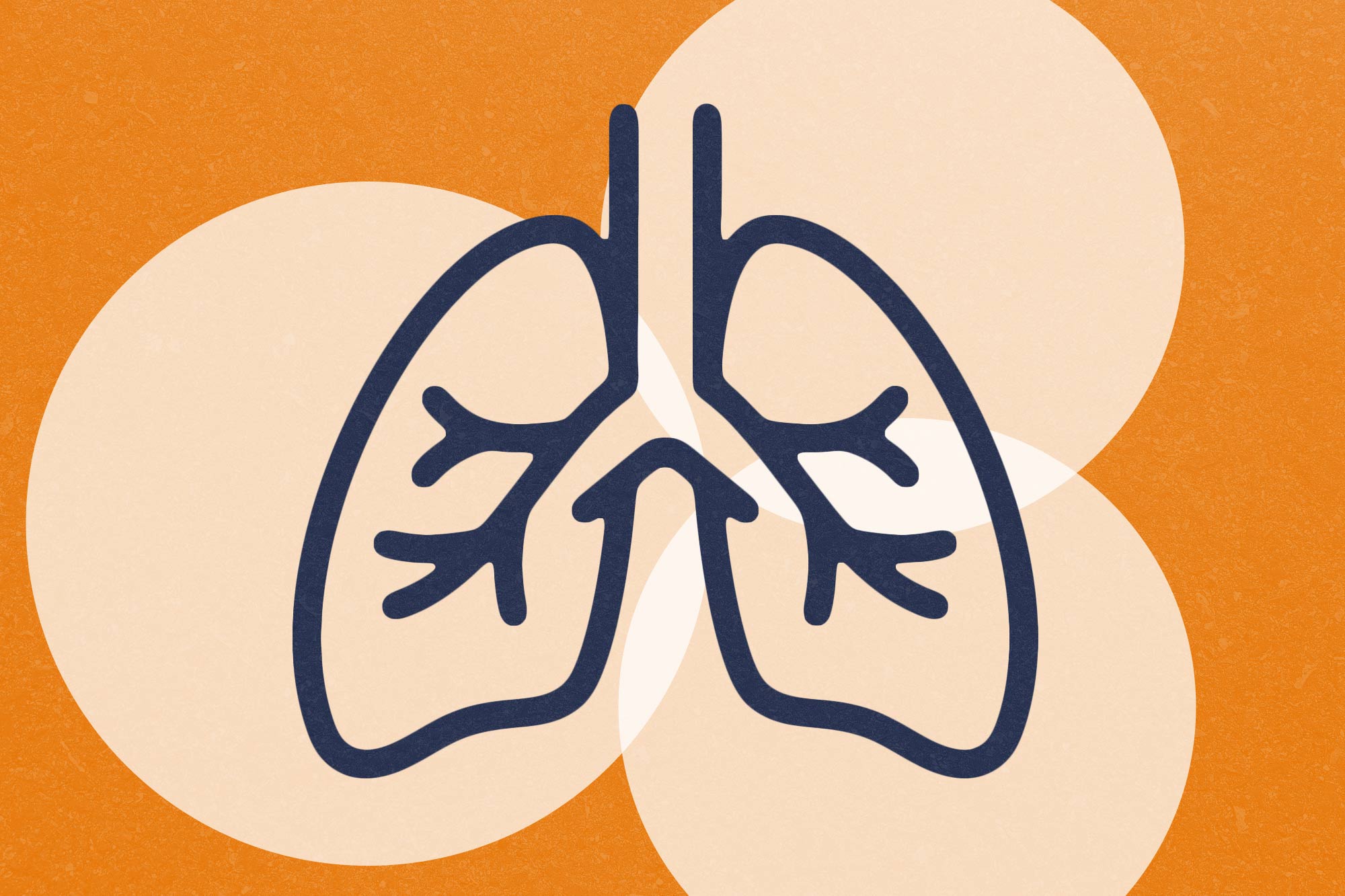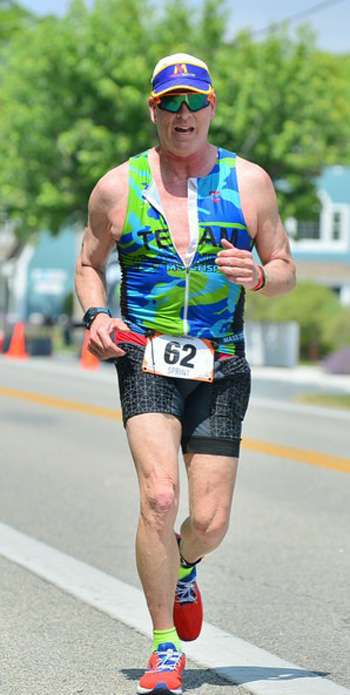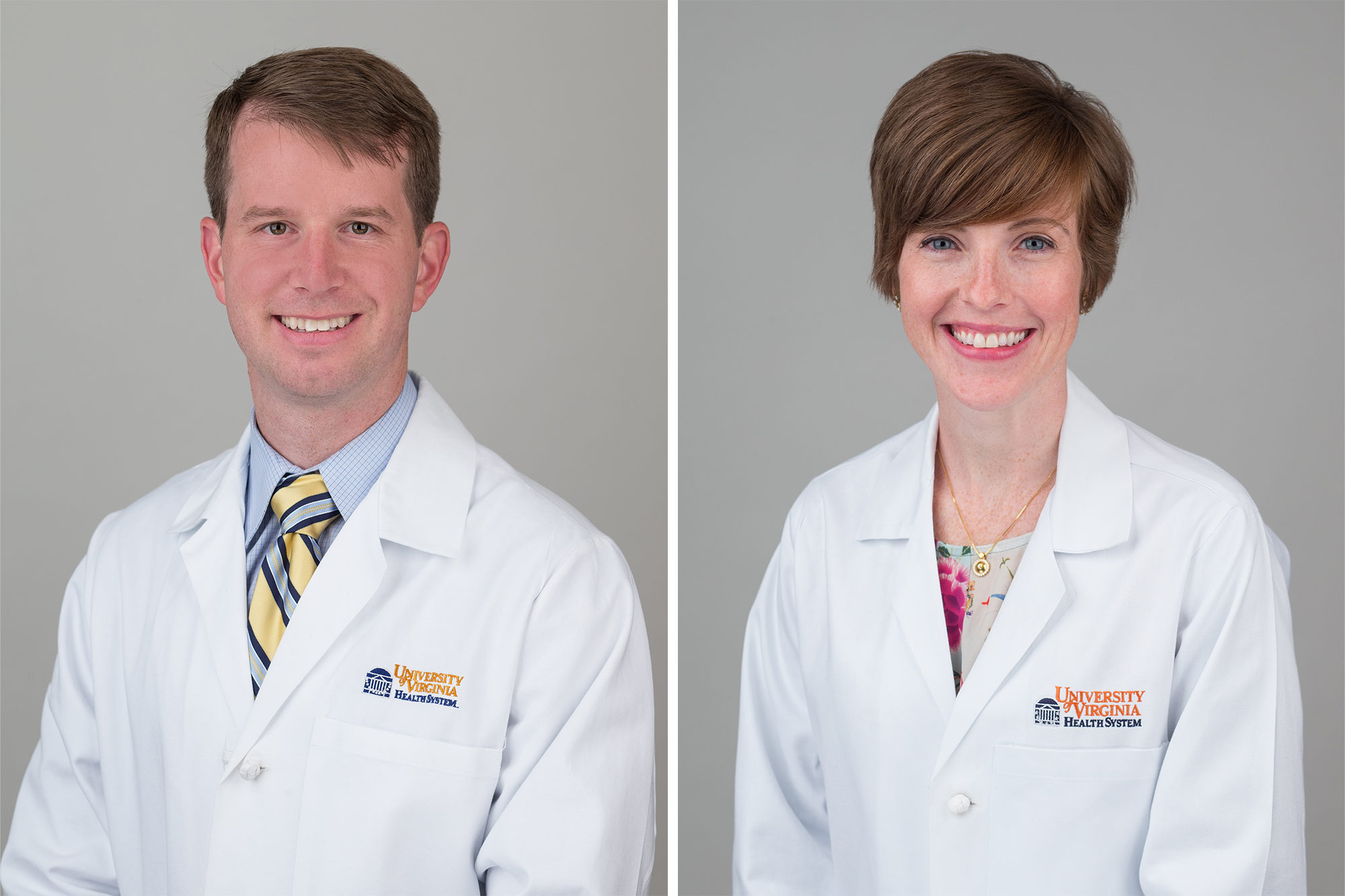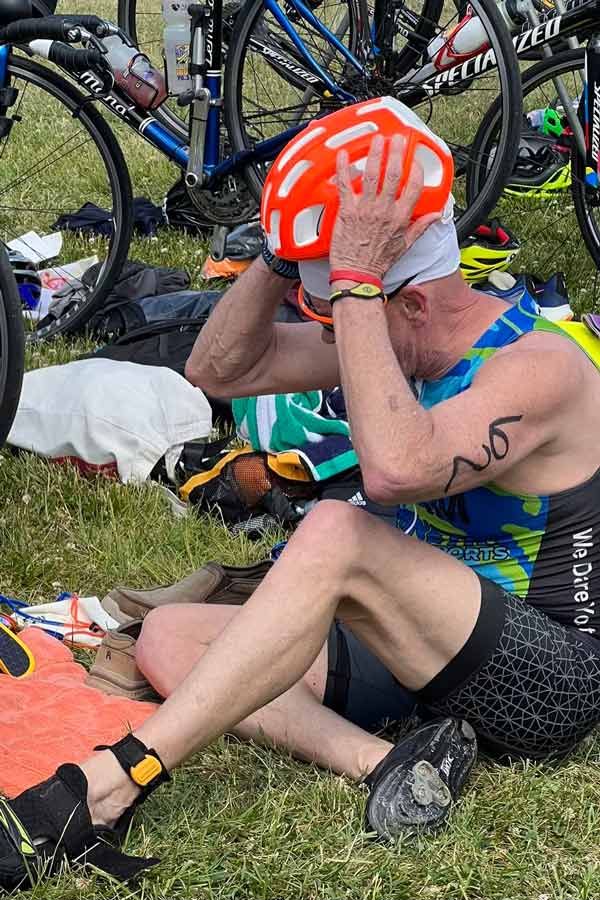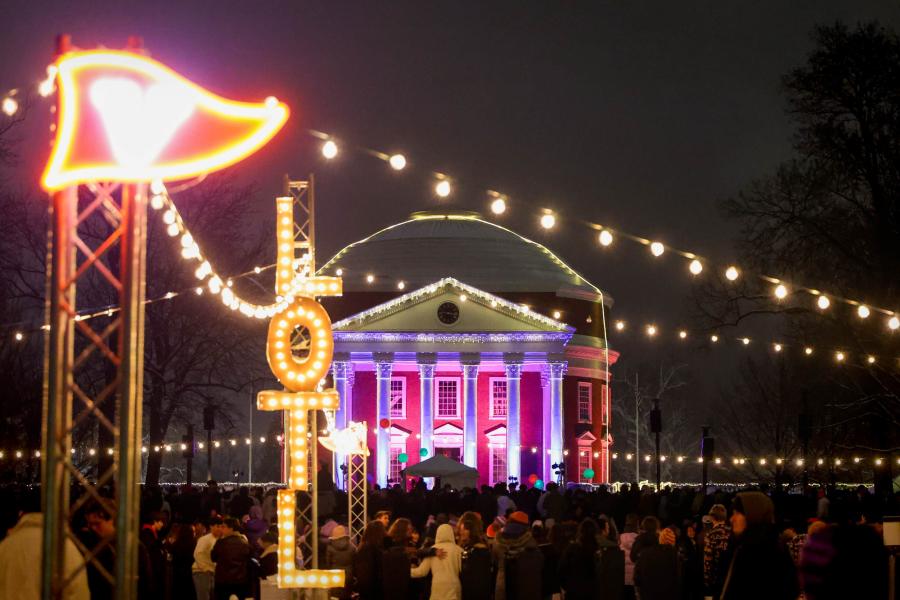Dr. Hannah Mannem, a pulmonologist at the UVA Health University Medical Center, and Dr. Mark Roeser, a transplant surgeon, signed up. Mannem set up a FaceTime call with Redstrom and his mother.
“He wrote, ‘I want to live’ on a little sign,” Mannem said. The sign retracted the DNR he had signed earlier. “So we were like, ‘OK, he’s in it.’”
Roeser and Mannem had just agreed to perform the first double-lung transplant on a COVID patient in the region. They arranged to have Redstrom transported to the University hospital.
The transplant procedure was successful, though Mannem said she was unsure about what recovery might look like. Usually, people who receive lung transplants have a chronic disease instead of an acute infection.
“COVID was a new reason to do a lung transplant,” Mannem said.
After the surgery, Redstrom set out on the long path toward recovery, a process he called “hard as heck.”
“Even after two weeks in intensive inpatient rehab, I could probably only walk 20 steps with a walker,” Redstrom said.
It was a far cry from being able to swim, run and bike a cumulative 16 miles as often as 18 times a year, but over time, he began to rebuild his strength in outpatient therapy. He even set a goal of competing in another triathlon within a year.
It didn’t happen.
He lost too much weight while he was sick and needed more time to recover from spending 76 days in the hospital and having two new lungs. It took a year for him to get fit enough to train for triathlons again, but slowly he started to return to a more normal life, albeit with more precautions.
In June, Redstrom competed in his first triathlon since the pandemic began. He was slower than he used to be, but he finished.
“My lungs only allow me to push it so hard, but they allow me to do it,” Redstrom said. “I’ve come a long way from being on my deathbed.”
Mannem said that Redstrom was a better-than-usual candidate for a lung transplant because he had been active and had no health problems. Still, she said he exceeded the team’s expectations by returning to triathlons so quickly.
“R.J. has a fighting spirit that’s unique. He’s a good example of someone who really saw death in the face, and it changed the way he lives his life,” Mannem said.
